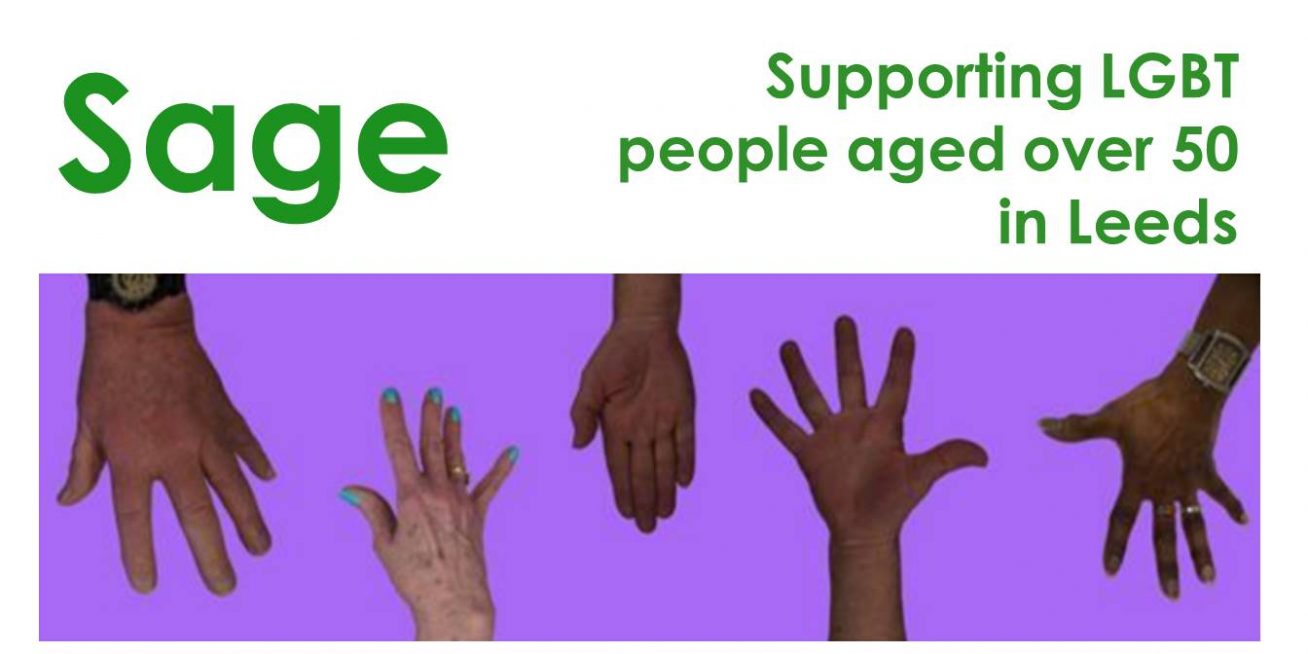The need to talk about mental health
Lisa discusses removing the invisibility and stigma around mental health by talking about it.
Lisa’s interview is from a series of recordings carried out with the Rainbow Well-Being Support Group in Bradford. The group is a community-run support group that aims to help LGBT+ people achieve and maintain positive mental health. The interviews focus on people’s experiences of mental health and accessing support services. For more information about the Rainbow Well-Being Support Group, please contact Christine: C.Blessing@mesmac.co.uk
TRANSCRIPT
We run various groups within MESMAC. I now, am, am a session worker with a main sort of focus on the mental health side. I talk very openly about being on Citalopram, which is an anti-depressant, because, for me, being able to say, ‘Actually, this drug isn’t this, this, great big, sort of nasty thing. All it does rebalance my – the chemicals in my brain, which means that I function’. And when, sort of, you’re able to say, ‘Well, look, you know, I am a functional human being. Yes, I have depression, and it affects me in various ways, but actually… I still get on and do my life. I still, you know, do things. Sometimes I need to take some mental health times, some mental health days. Sometimes, the Citalopram does that job for me’.And I think it’s really important that people to discuss that, because, you know – depression, certainly, and mental health concerns, shouldn’t be this thing that, that is hidden away, because nobody benefits from that. You know, me being able to talk openly about that has meant that other, certainly other trans people going through transition, have been able to say to the Gender Clinic, ‘Well, actually, I suffer from depression but it’s under control’. And, and it just… it, it just removes the invisibility of mental health because I think it’s really important if, if… all the various figures of one-in-however many people are going to be suffering from mental health conditions – well, if it’s not talked about, then it, it feels like you’re one in a million, let alone one in five or six, or whatever the figures are, so.







